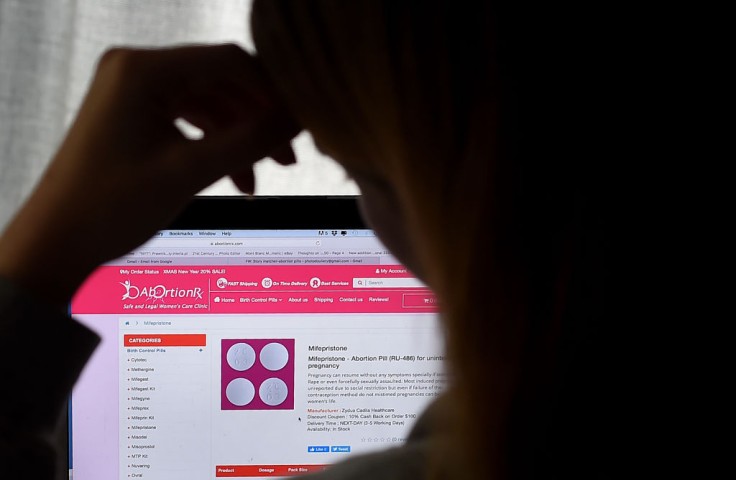
A group advocating for women's reproductive health has rolled out an online program that provides abortion pills for those who may need them in any location in the U.S., even before pregnancy.
Aid Access has set up the program to teach and help women use abortion pills following the limitations on abortion services and access to women's reproductive health care in some states.
The pills, dubbed "advanced provisions," aren't new as mifepristone and misoprostol have been approved for use in the U.S. in the last 20 years. According to Jezebel, these highly-regulated medications are legally prescribed for inducing a miscarriage in some pregnancy cases for up to the 10th week.
While the Food and Drug Administration has not allowed mailing the abortion pills during the pandemic, Aid Access has tapped providers across the country who can issue a prescription to patients in need after they do telemedicine consultations and assessments.
What are Advanced Provisions?
Dr. Daniel Grossman, who did a study on the need for advanced provision among healthy and reproductively active individuals in 2018, said that he has been advocating for such a system with reproductive health providers for years. He noted that many women or couples are still not aware that this option is available.
Advanced provisions work like emergency contraceptive pills that women or couples may stock up on their medicine cabinet to use even before realizing they are with a child. In most cases, the use of mifepristone and misoprostol have been popular among members of the Peace Corps, who have to travel for their missions and won't have access to good reproductive healthcare facilities in rural or isolated areas.
The at-home drugs are taken in as a two-set treatment. Mifepristone, which is taken first, works to block the progesterone that allows the pregnancy to progress. Misoprostol, on the other hand, induces contractions that end the pregnancy. This second drug may also be used without Mifepristone.
Studies have cited that these abortion pills are safer than the side effects of Tylenol and the telemedicine consultations are also within protocols. However, consultations and prescriptions are not cheap as the patient will need to shell out between $110 to $150.
Is Medical Abortion Appropriate?
Dr. Emily Godfrey of the University of Washington Department of Obstetrics and Gynecology believes that women who would like to undergo a medical abortion are within their rights to do so if they are still in their pregnancy's first trimester or up to the 10th week. She also agrees that abortion pills are very safe, with less than one percent of known or reported complications.
However, Godfrey also acknowledged that using abortion pills could bring complications for a few women, such as heavy bleeding, continued cramping, or a failed abortion. If they experience these complications, they should see a healthcare professional immediately.
For Godfrey, these pills are "no different" than prescribing an EpiPen for patients with allergies or antibiotics for international travels in case of an emergency.